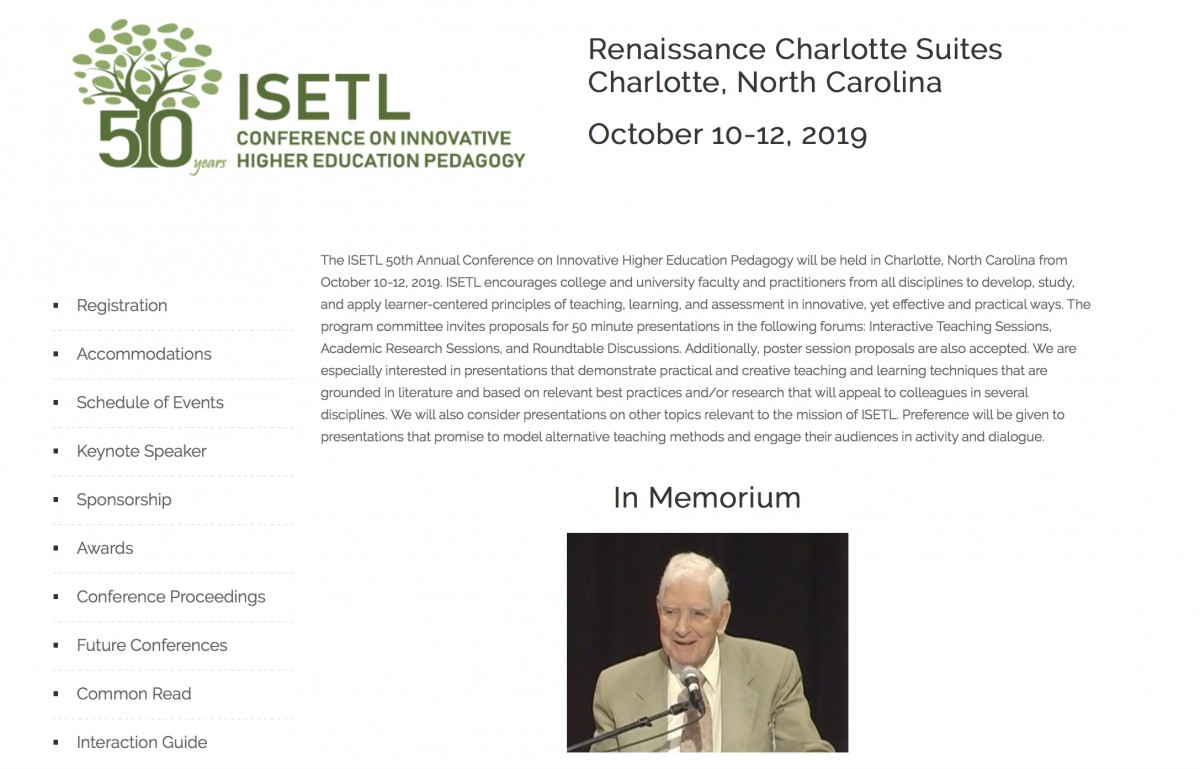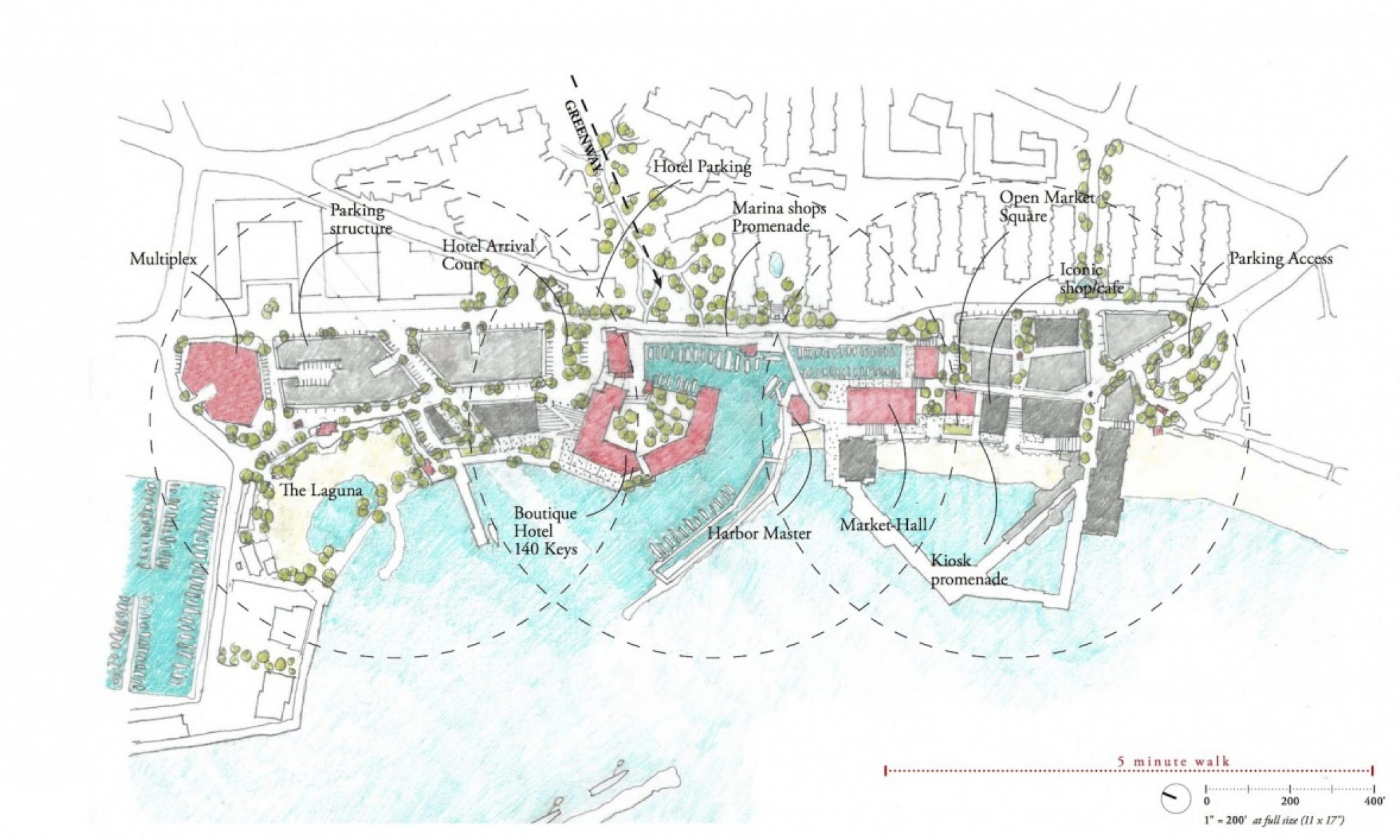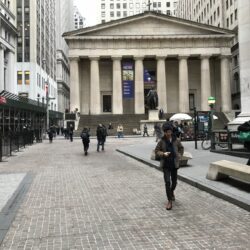 This international conference is hosted by the International Society for Exploring Teaching and Learning.
This international conference is hosted by the International Society for Exploring Teaching and Learning.
The year is the 50th Annual Conference.
Conference Program: Schedule
I am collaborating with Karen Goodlad and Anna Matthews. Our abstract for a proposed workshop session was double-blind peer-reviewed and accepted. We are attending the conference in October 2019 to present and moderate our workshop.
Acceptance Notification:
Fw: Your abstract was accepted – Jason Montgomery
Accepted Double-Blind Peer-reviewed Abstract/Proposal:
Gen Ed Teaching and Learning Presentation and Workshop
Objectives
During this presentation participants will:
- Identify measurable student learning outcomes and effective assessment techniques
- List changes which could be made to the student experience through the creative use of high-impact educational practices
- Incorporate open digital pedagogy to customize engaging learning experiences for students, making their work more visible to a community of learners within and outside the institution
- Recognize the institution’s unique campus locations to create interactive place-based learning opportunities with students
Audience
New through senior faculty interested in learning and applying engaging teaching practices and administrators seeking ideas for faculty professional development programs will benefit from this interactive teaching session.
Activities
Participants of this interactive session will consider the four pillars of the Living Lab Model of Pedagogy. In small groups, participants will 1) discuss Kuh’s High Impact Educational Practices (HIEPs) in their respective disciplines; 2) draft an exercise for students that would incorporate one of the HIEPs; 3) discuss the possibility of interdisciplinary teaching collaborations at their institutions; 4) consider the possibility of including place-based learning (PBL) in course activities. Based on the results of the activity, participants will develop a draft of a low-stakes assignment.
Description
An urban college of technology educating predominantly low-income and first-generation students, often lagging behind their peers in both persistence and attainment of degrees (Cataldi, Bennett, & Chen, 2018), sought to incorporate teaching methodology engaging students in their general education curricula. Known as the Living Lab, this model of pedagogy was developed and successfully implemented at New York City College of Technology (City Tech). It encompases four important practices. First, is high impact educational practices (HIEP), as defined by George Kuh (2008) which has been studied to prove that students, especially those from underserved communities, who participate in one or more HIEP, find greater success in college than their peers who do not (Finley & McNair, 2013). The next methodology is place-based learning (PBL), where faculty have the opportunity to choose from a number of different theories to identify one which is best suited to the general education learning outcomes relevant to their course (Goodlad & Leonard, 2018). The seminar next explores open pedagogy, capitalizing on the OpenLab, City Tech’s proprietary open-source digital platform for teaching, learning and sharing in an open manner (Rosen & Smale, 2015). Finally, faculty and administrators should be informed about the impact of their practices. To do this effectively, educators are guided to develop tools for assessment of learning outcomes. While the four methodologies have proven successful on their own, together, educators have stated they create a unique multidisciplinary approach to developing their own pedagogy (Goodlad & Leonard, 2018).
References
Cataldi, E. F., Bennett, C. T., & Chen, X. (2018). First-generation students: college access, persistence, and post bachelor’s outcomes (No. NCES 2018-421). U.S. Department of Education, National Center for Education Statistics. Retrieved fromhttps://nces.ed.gov/pubsearch/pubsinfo.asp?pubid=2018421
Finley, A., & McNair, T. (2013). “Assessing Underserved Students’ Engagement in High-impact Practices.” Association of American Colleges and Universities.
Goodlad, K. and A. Leonard. (2018). Place-based learning across the disciplines: a living lab approach to pedagogy. Insight: A Journal for Scholarly Teaching, Volume 13. http://insightjournal.park.edu/wp-content/uploads/2018/07/10-Goodlad_Place-Based-Learning-across-the-Disciplines-A-Living-Laboratory-Approach-to-Pedagogy.pdf
Kuh, G. D. (2008). High-impact educational practices: What they are, who has access to them, and why they matter. Washington, DC: Association of American Colleges and Universities. National Center for Education Statistics.
Lansiquot, R. and MacDonald. S. (2018). Interdisciplinary Place-Based Learning in Urban Education: Exploring Virtual Worlds. Palgrave Macmillan.
http://www.citytech.cuny.edu/about-us/docs/facts.pdf.
Pascarella E. T., & Terenzini P. T. (2005). How college affects students: A third decade of research. (2nd ed.), San Francisco: Jossey-Bass.
Pascarella, E. T., Pierson, C. T., Wolniak, G. C., & Terenzini, P. T. (2004). First-generation college students: Additional evidence on college experiences and outcomes. The Journal of Higher Education, 75(3), 249-284.
Rosen, J. and Smale, M. (2015). Open digital pedagogy = critical pedagogy. Hybrid Pedagogy. Retrieve from http://hybridpedagogy.org/open-digital-pedagogy-critical-pedagogy/
Stebleton, M. J., & Jehangir, R. (2016). Creating communities of engaged learners: An analysis of a first-year inquiry seminar. Learning Communities Research and Practice, 4(2), 5. Retrieved from: https://washingtoncenter.evergreen.edu/cgi/viewcontent.cgi?article=1125&context=lcrpjournal




